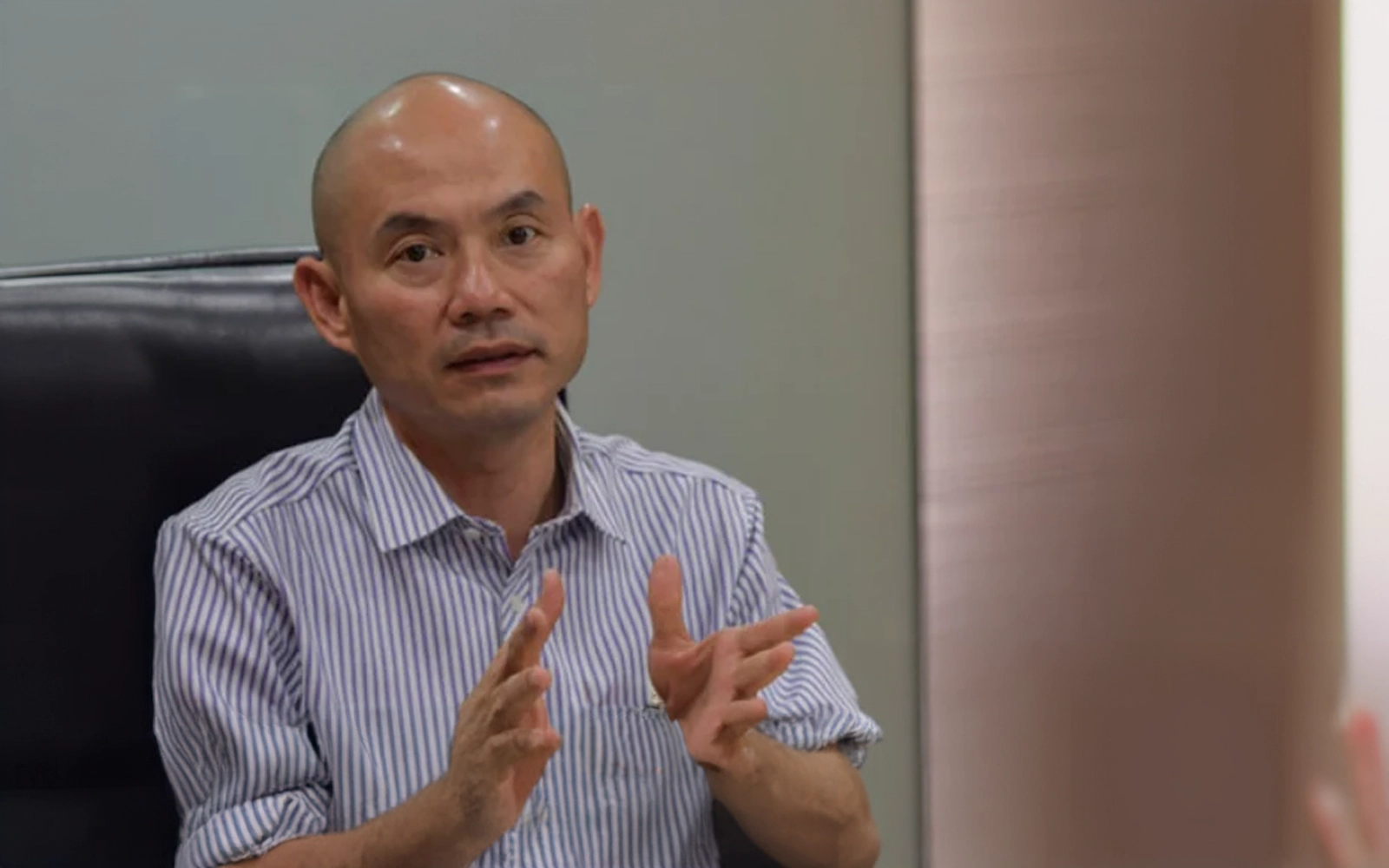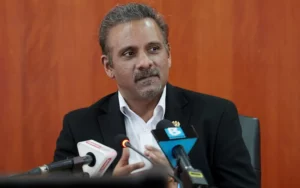
Yesterday, Prime Minister Datuk Seri Anwar Ibrahim presented Malaysia’s Budget 2025 in Parliament, outlining a clear path towards sustainable economic growth and improved public welfare. The RM421 billion budget demonstrates our commitment to fiscal discipline, economic progress, and social welfare for all Malaysians.
Macroeconomic Outlook and Fiscal Discipline
The economy is forecast to grow between 4.5% and 5.5% in 2025, with the 2024 projection revised upward to 4.8%-5.3%. The fiscal deficit will reduce to 3.8% of GDP in 2025, down from 4.3% in 2024. Government borrowings will drop to RM80 billion in 2025, reinforcing our commitment to prudent financial management.
Investing in Education and Health
Education and healthcare remain priorities, with RM64.2 billion for the Ministry of Education and RM45.3 billion for the Ministry of Health. These record investments will ensure access to quality education and healthcare for all Malaysians, laying a strong foundation for the future.
Subsidy Rationalisation and Competitiveness
Subsidies for fuel, healthcare, and education will be rationalised by mid-2025, focusing on those most in need. Support for farmers and fishermen will rise to RM2.78 billion. The government is boosting competitiveness with investments in infrastructure and digital connectivity, including RM550 million for tourism ahead of Visit Malaysia Year 2026.
Supporting Households and Tackling Living Costs
The MADANI government is addressing rising living costs, with RM13 billion allocated for cash aid under the “Sumbangan Tunai Rahmah” programme. The minimum wage will increase to RM1,700 in February 2025, with exemptions for small businesses until August. Social assistance will also rise, with RM2.9 billion set aside for welfare programmes and additional aid for civil servants and retirees.
Tax Reforms and Incentives
The Budget introduces a more progressive tax system, including an expanded sales and services tax and a new 2% dividend tax for high-income earners. Basic food items remain tax-exempt. New tax incentives will support sectors such as smart logistics, flexible work, and green technology.
Housing and Social Protection
The government is committed to increasing home ownership with measures like reduced repayments for first-time buyers and expanded housing loan relief. Informal workers will benefit from higher EPF matching contributions, capped at RM500 annually, while EPF contributions for foreign workers will be introduced gradually to ensure broader social protection.
Sustainability and Green Initiatives
A carbon tax will be introduced by 2026, alongside RM1 billion for the Green Technology Financing Scheme, supporting Malaysia’s green transition and low-carbon city initiatives.
This Budget strikes a balance between economic growth and public welfare. I am confident these measures will set Malaysia on a path to long-term prosperity.
Lim Lip Eng
MP for Kepong



